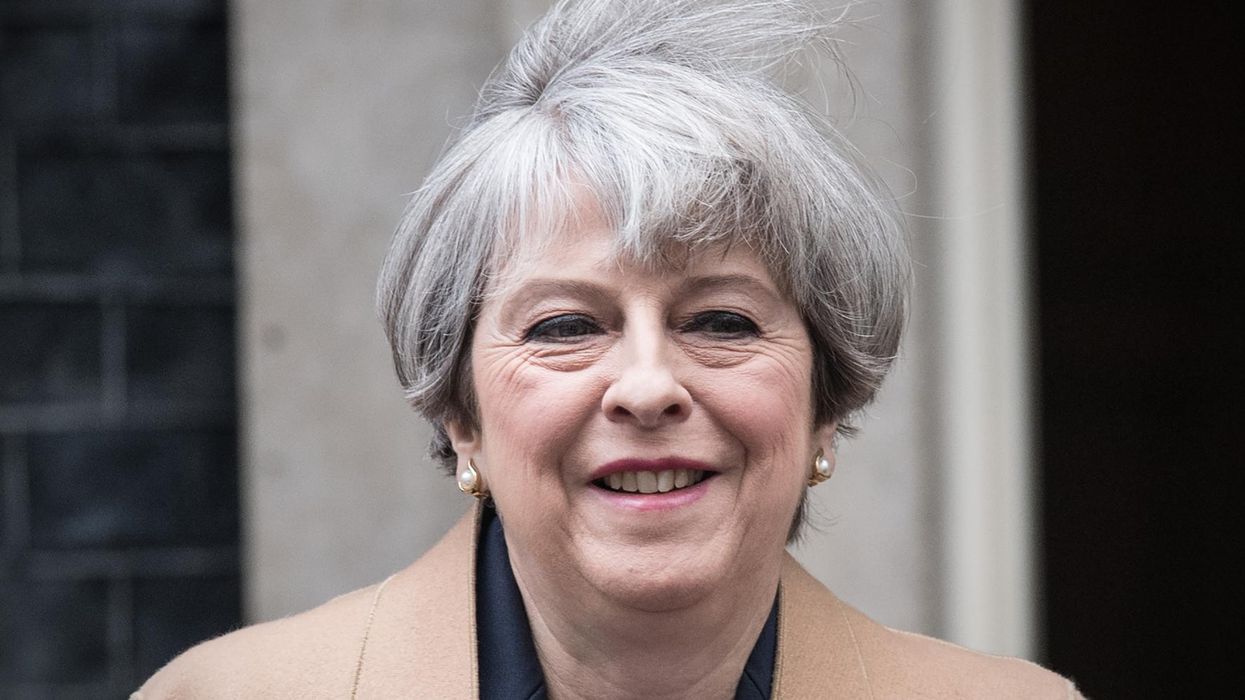News
Joe Vesey-Byrne
Apr 27, 2017

Picture:
Carl Court/Getty Images
Theresa May is soaring in the polls, but she may not carry the country on the main issue of the election.
A poll by YouGov shows that 45 per cent of voters intend to choose the Conservatives this general election, up from 36 per cent that actually voted for them in 2015.
Labour’s share of the vote stayed at 29 per cent, and smaller parties such as Ukip and the Liberal Democrats.
The figures are the ‘Headline voting intention’, which is weighted by likelihood to vote.
On a straight poll regarding who would make the better prime minister, incumbent Theresa May broke records with her staggering lead over Labour leader Jeremy Corbyn.
May also led among voters intending to choose a Liberal Democrat or Ukip MP on polling day.
Most concerning of all for Corbyn, is the relatively low figure of 57 per cent of his own party who think he’d make the best prime minister. By contrast 97 per cent of May’s Conservatives backed their leader.
But all may not be well
The Brexit prime minister (who supported remaining in the EU) called the election on the basis that forces such as the Liberal Democrats, Greens, and the House of Lords, were allegedly amassing to stop Brexit. She claimed that a mandate (bigger than her working majority of 17*) was required to prevent these phantom ‘wreckers’ from stopping Brexit.
Yet the same poll for YouGov shows that Britain remains as divided as ever on Brexit.
45 per cent now believe it was the ‘wrong decision’ to leave the European Union, while a close second of 43 per cent believe it was the ‘right decision’.
In June 2016, the UK voted 51.9 per cent to 48.1 per cent to leave the EU.
May is still likely to win
It doesn’t mean she won’t win. Regrexit is highest among Liberal Democrat voters (94 per cent) and Labour (68 per cent). Voters intending to choose the Conservative party on 8 June by contrast are for the majority content with the decision to leave (71 per cent).
So her voters, possibly 45 per cent of the electorate, are only 24 per cent in doubt that she’s pursuing the wrong course.
Whether or not Mrs May can persuade the majority of the country that she’s doing what’s best for Britain is another matter, in a nation almost as divided as it was the day of the referendum vote.
*Correction: This article said Theresa May had a working majority of '13' in the House of Commons, this has been amended to '17' (30.4.2017).
More: A reminder that up to 20 sitting Tory MPs are under investigation for electoral fraud
Top 100
The Conversation (0)













